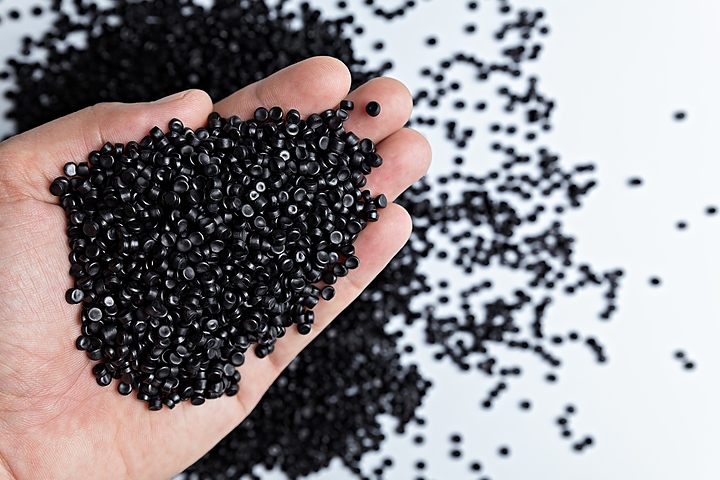MICROPLASTICS
EU seeks to tighten controls on pellets / Move supports push to cut pollution
The European Commission has stepped up efforts to reduce the level of microplastics entering the environment by proposing improvements in the handling of plastics, mandatory certification and self-declarations, and a harmonised methodology to estimate losses.
The commission said that between 52,000 t and 184,000 t of pellets are released into the environment each year due to mishandling throughout the entire supply chain.
Officials said the proposals aim “to ensure that all operators handling pellets in the EU take the necessary precautionary measures. This is expected to reduce pellet release by up to 74%, leading to cleaner ecosystems, contributing to plastic-free rivers and ocean, and reducing potential risks to human health.”
The commission said that between 52,000 t and 184,000 t of pellets are released into the environment each year due to mishandling throughout the entire supply chain.
Officials said the proposals aim “to ensure that all operators handling pellets in the EU take the necessary precautionary measures. This is expected to reduce pellet release by up to 74%, leading to cleaner ecosystems, contributing to plastic-free rivers and ocean, and reducing potential risks to human health.”
 The proposals are designed to cut leakage of pellets into the environment (Photo: PantherMedia/kriengst@scg.com) |
Related: Plastics Europe, EuPC launch programme to control pellet loss
Together with restriction on intentionally added microplastics adopted last month, the commission said the latest rules are the first EU instruments specifically designed to tackle microplastic pollution at the source and would contribute to the target of cutting microplastics releases into the environment by 30% by 2030, as established by the Zero Pollution Action Plan.
“The purpose is to reduce emissions of intentional microplastics from as many products as possible,” the commission said. Bans on loose glitter and microbeads have already come into effect, while for other products “sales ban will apply after a longer period to give affected stakeholders the time to develop and switch to alternatives”.
A report called EU action against microplastics published earlier this month spelled out the risks of inaction: “Between 0.7 and 1.8 mn t, or up to 600 Olympic-size swimming pools, of microplastics are estimated to be unintentionally released into the environment every year in the EU.”
19.10.2023 Plasteurope.com [253833-0]
Published on 19.10.2023
